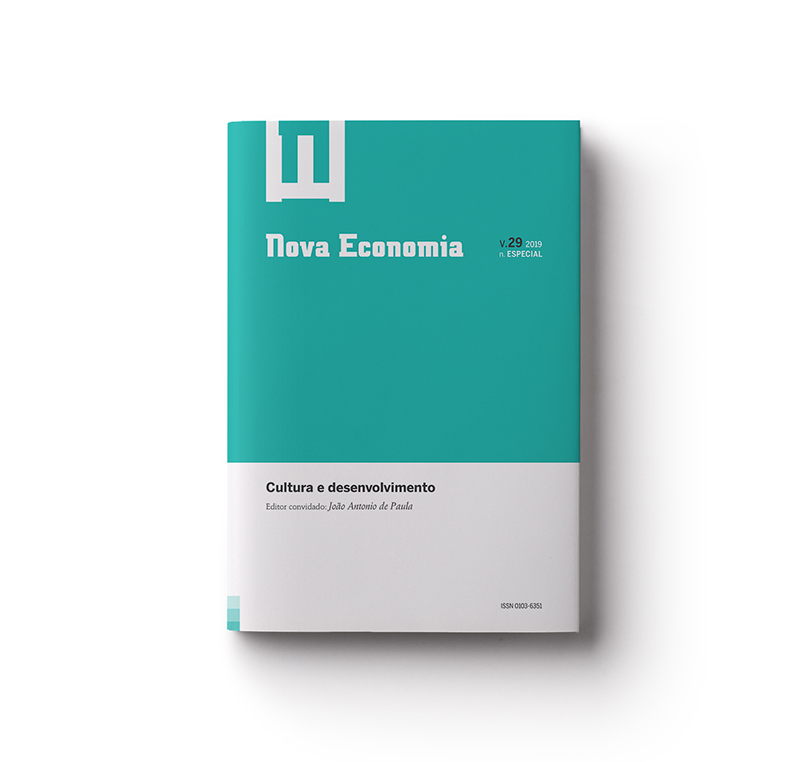The politicization of the concept of culture in institutionalist theory: Thorstein Veblen and the anthropologists of his time
Abstract
The concept of culture was central to the development of the social and human sciences in the 19th and 20th centuries. It is also at the root of the school of economic thought known as American Institutionalism, which was pioneered by Thorstein Veblen (1857-1929). Through the reading of classical texts and literature review, the aim of this text is to present the contemporary "anthropological thinking" to Veblen, mainly around the concept of culture and method in anthropology in its early days, and to discuss the interdisciplinary relationships that give rise to the institutionalist school of thought, explaining the resumption of the Veblenian approach in recent years, especially in studies on consumption. As main results it is noteworthy that Veblen used similar investigative instruments, establishing dialogue with the writings of ethnologists and influencing others, having guided the understanding about culture, mainly through the critique of “high culture”, which marked the history of American Institutionalism.
Downloads
Published
How to Cite
Issue
Section
License
Authors who publish with this journal agree to the following terms:
- Authors retain copyright and grant the journal right of first publication with the work simultaneously licensed under a Creative Commons Attribution 4.0 International License that allows others to share the work with an acknowledgement of the work's authorship and initial publication in this journal.
- Authors are able to enter into separate, additional contractual arrangements for the non-exclusive distribution of the journal's published version of the work (e.g., post it to an institutional repository or publish it in a book), with an acknowledgement of its initial publication in this journal.
- Authors are permitted and encouraged to post their work online (e.g., in institutional repositories or on their website) prior to and during the submission process, as it can lead to productive exchanges, as well as earlier and greater citation of published work (See The Effect of Open Access).




